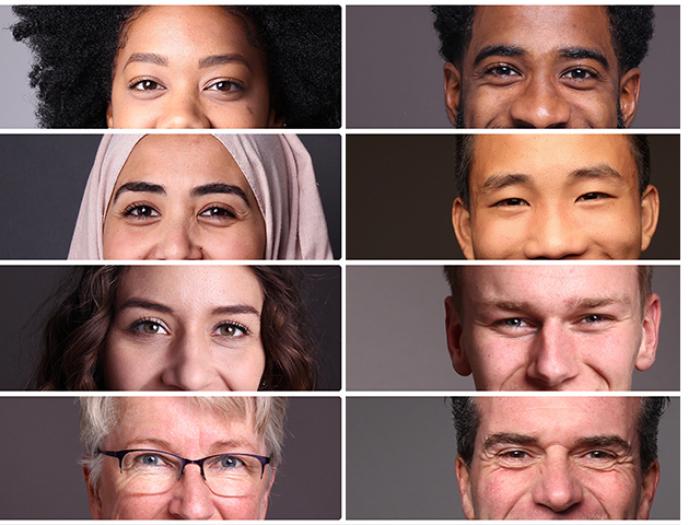
“It is alarming how many young Europeans or those who struggle to make ends meet feel abandoned by human rights. Human rights are for everyone and nobody should feel left behind,” says FRA Director Michael O’Flaherty. “The number of people who feel disenchanted by corruption and how our democratic society works should prompt EU countries to take action. We all have a duty to ensure that human rights bring tangible benefits to each and everyone of us, no matter who you are.”
The ‘What do fundamental rights mean for people in the EU?’ report reveals that 88% of people in the EU believe that human rights help create fairer societies. Yet there is little reason for complacency. The survey findings also raise important issues that need addressing. These include:
- Benefits: 44% of people who struggle financially believe human rights only benefit those who do not deserve them, such as criminals and terrorists. The results reveal how financial constraints and lower levels of education diminish people’s confidence in equality and human rights. This should prompt governments and human rights bodies to make wide-ranging efforts to ensure that fundamental rights deliver real benefits for everyone.
- Trust and engagement in politics: The majority of Europeans (60%) think that mainstream parties and politicians do not care about them. This rises to a staggering 73% for people who face difficulties to make ends meet. By comparison, only 45% of those who easily make ends meet share this view. The EU and Member States need to find new ways to reach out to those who feel ‘left behind’, including also particularly young people, to involve them in decision-making and consider their needs.
- Judicial independence: 27% of respondents believe that judges are not free from government influence. Governments should improve public trust in the judiciary by safeguarding the independence of judges. As there are large national differences, countries can learn from each other to improve the situation
- Corruption: Over 60% in some countries consider it common for people to offer favours to speed up access to healthcare. Governments should adopt zero tolerance towards corruption as it erodes public confidence. This also involves open channels to freely report corruption and withholding EU funds where corruption is suspected.
The findings draw on responses to FRA’s Fundamental Rights Survey from 35,000 people across all EU Member States, North Macedonia and the United Kingdom. The survey ran from January to October 2019.
FRA will present the report at the ‘Human rights in the new normal’ online conference on 24 and 25 June.
It is one of a series of thematic reports looking at people’s views and experiences of fundamental rights.
Ipsos MORI colllected the data on behalf of FRA, in cooperation with Statistics Netherlands (CBS) in the Netherlands, the Centre des Technologies de l’Information de l’Etat (CTIE) in Luxembourg and Statistics Austria in Austria.
For more, please contact: media@fra.europa.eu / Tel.: +43 1 580 30 653
Follow this news feed: EU





